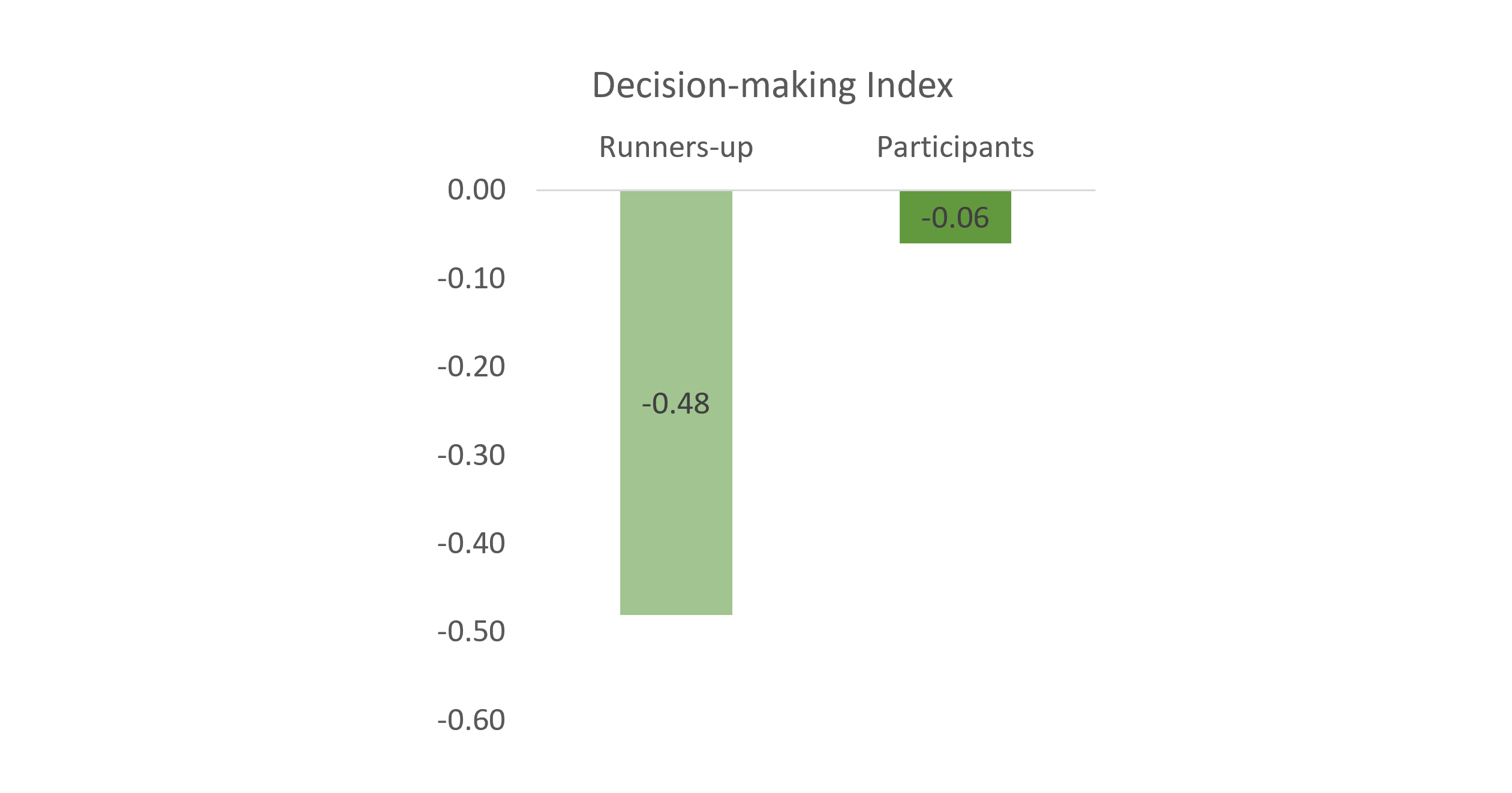 The garment industry in Bangladesh employs about 80 percent women production-line workers and serves as the primary source of formal wage employment for women. Photo: K M Asas / World Bank
The garment industry in Bangladesh employs about 80 percent women production-line workers and serves as the primary source of formal wage employment for women. Photo: K M Asas / World Bank
A longer version of this blog post originally appeared as a VoxDev column.
Policies to increase women’s participation in leadership positions are becoming more prominent. As of 2023, more than two thirds of countries have at least one type of political quota for women, 43 countries had introduced a quota for company boards, and many companies offer training or mentorship opportunities that aim to increase women’s representation in management. However, little is known about the effect of such policies on household dynamics. While existing evidence suggests that women's entry into employment strengthens their bargaining position within the home, the impact of career advancement on their decision-making power remains unclear. Furthermore, the potential externalities of women role models in the workplace have not been thoroughly studied. My working paper investigates these questions in the context of Bangladesh's garment industry.
Women in Bangladesh’s garment industry are limited to the non-managerial level
The garment industry in Bangladesh employs about 80 percent women production-line workers and serves as the primary source of formal wage employment for women in a society where women traditionally did not work outside the home. However, women are significantly underrepresented in managerial positions , including line supervisors, where they account for only around 5 percent.
Comparing participants and runners-up of a promotion program for women
The study exploits variation created by a promotion program implemented in 27 large garment factories in Dhaka division, implemented in cooperation with the IFC and ILO. Women production-line operators participated in the program to become line supervisors. The participating women were trialed as line supervisors for two months, were trained for this role and, if successful, were officially promoted by the factories. The women therefore gained experience in a management position whose leadership responsibilities were very different from the work they did before, even if not all of them were officially promoted. The paper compares the outcomes of women who quasi-randomly participated in the program with the runners-up who were eligible and short-listed but did not participate due to space constraints. Extensive tests support the validity of this comparison by showing that the two groups do not differ on observable criteria. The study employs three estimation approaches: PDS Lasso to choose predictive control variables for OLS, regression discontinuity analysis based on operator rankings, and a matching method.
Being promoted gives women more decision-making power in the household, and increases expenditures on women, girls, and remittances.
The promotion program proved effective, with participants being three times more likely to be officially promoted compared to the nominated runners-up in the year following the program. The participating women reported greater involvement in household decision-making at least during the first six months after the program, showing a substantial impact on a decision-making index capturing 7 different domains (Figure 1). Notably, the effects were most pronounced for decisions about clothing purchases, accepting promotions, and purchases and repairs of large household items.
Figure 1: Effects of the promotion program on participating women’s decision-making power

Note: Results are from a mean-comparison OLS regression with control variables chosen by post-double selection Lasso from a high-dimensional set of possible controls. Only survey wave 1 is included.
The participating women were able to translate this increased decision-making power into higher household expenditures on goods for women (by 51 percent), for girls (74 percent), as well as remittances to the family (58 percent), see Figure 2. In contrast, there was no similar increase in expenditures for men and boys. A back-of-the-envelope calculation shows that the increase in expenditures on women assignable goods and remittances (1,543 Taka) is more than two times larger than the estimated income increase from participation in the program (689 Taka). This indicates that women gain agency over household income more generally and not just over possible additional income resulting from a promotion. However, other spheres of bargaining, such as likelihood of working, time use, and domestic violence, did not show significant changes.
Figure 2: Effects of the promotion program on participating women’s household expenditures on assignable goods and remittances

Note: Results are from a mean-comparison OLS regression with control variables chosen by post-double selection Lasso from a high-dimensional set of possible controls. Both survey waves are pooled, standard errors are clustered at the individual level.
Spillover effects: Women staff exposed to the new managers as role models report more say in household decisions.
The positive impact of the promotion program extended beyond the households of promoted women. Compared to women line operators working on other production lines, women staff who quasi-randomly worked under the new women managers as role models also reported significantly higher decision-making power at home, particularly concerning women's mobility (Figure 3). However, the effects on household expenditures for this group were limited.
Figure 3: Spillover effects on the decision-making power of women staff exposed to women managers

Note: Results are from a mean-comparison OLS regression with control variables chosen by post-double selection Lasso from a high-dimensional set of possible controls. Standard errors are clustered at the line level.
Policy implications
The study provides compelling evidence that women's career advancement in the workplace can positively influence their decision-making power within the household. Moreover, the presence of women role models in the workplace has spillover effects on the households of women who are exposed to these women managers. While it will be important to replicate these results in other contexts, these findings emphasize the importance of policies that promote women's leadership in the workplace, such as quotas, training, mentorship opportunities, and flexible work policies. Expanding such initiatives has the potential to address household inequities and empower women both within and beyond the workplace.


Join the Conversation